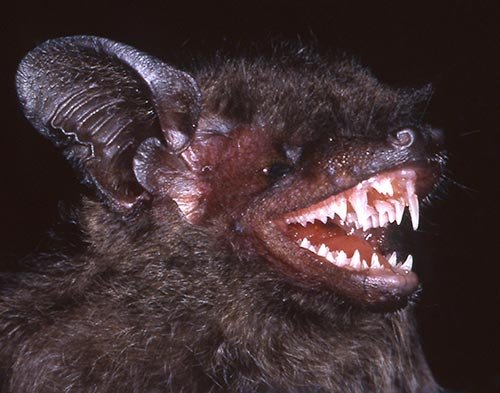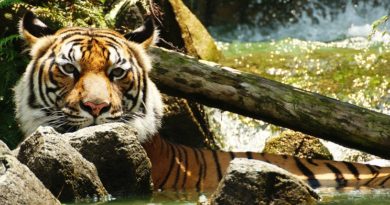28 New Species Discovered In Laos: WWF
A soul-sucking ‘dementor’ wasp, a stealthy wolf snake and the world’s second longest insect are among the 139 new species discovered by scientists in the Greater Mekong region in 2014, including 28 species in Laos.
The species are described in a new report, “Magical Mekong”, released yesterday by the World Wide Fund for Nature (WWF).
In total, 90 plants, 23 reptiles, 16 amphibians, nine fish, and one mammal are detailed in the report. The species in Laos include 17 plants, 9 reptiles, one mammal and one fish.
According to the report, of particular interest is the discovery of a bent-toed gecko (Cyrtodactylus vilaphongi) in Luang Prabang province, the 10,000th reptile species to be officially identified in the world.
The gecko was found just 500 metres from a cornfield, indicating how little people know of some species living exceptionally close to us, WWF said.

A new walking catfish (Clarias serniosus) was also found in a tributary of the Xe Pian River on the Bolaven Plateau in Champassak province, the report said.
Another fascinating species known from three locations in both Laos and Vietnam is the long-toothed pipistrelle ( Hypsugo dolichodon ), a species of bat that has extra-large fangs.
Scientists believe these impressive canines may have evolved to allow it to prey upon larger or harder-shelled insects around the karst caves and forests the bat calls home. Within the wider Greater Mekong region, new species include a feathered coral whose nearest relatives live in Africa, four moths named after Thai princesses, a colour-changing thorny frog and two orchids discovered already being illegally traded.
This brings the total new species discovered in the Greater Mekong, which includes Cambodia, Laos, Myanmar, Thailand and Vietnam, to 2,216 between 1997 and 2014 – an average of three new species a week.
Country Director of WWF-Laos Mr Somphone Bouasavanh said new species are raising their heads in Laos all the time, and there are so many more to find.
“Although this is very exciting and showcases the country’s special wildlife, intense pressures are pushing some species ever closer to a highly uncertain future,” he said.
Mr Somphone added that wildlife crime, increasing deforestation and unsustainable natural resource use can have detrimental impacts on the species.
WWF believes that in order to meet these challenges, increased capacity and support for rangers is urgently needed in the region’s protected areas, along with better law enforcement in markets against criminals in the illegal wildlife and timber trades.
Source: Vientiane Times


